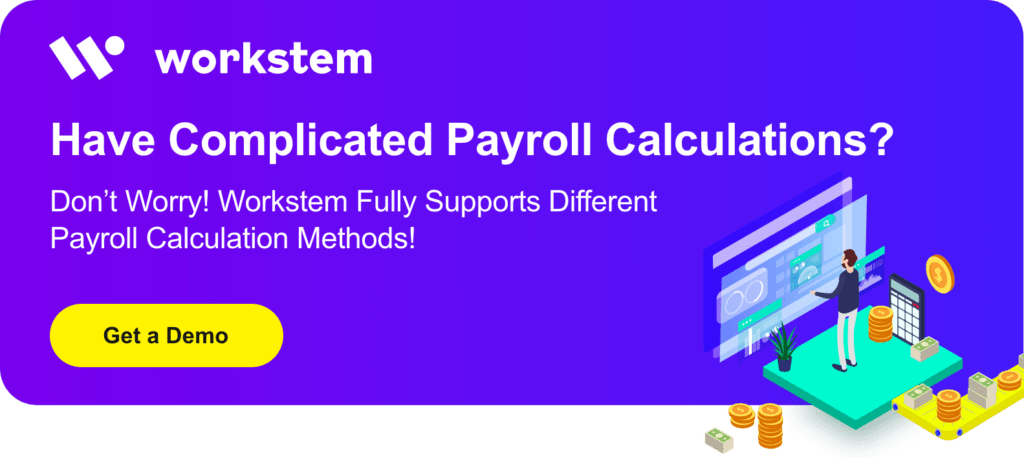These days, it’s impossible for digitalization not to be integrated into every single business model. Data specifically has become intertwined with digitalization, with sensitive company information needing to be digitally stored more and more. For many companies, digital storage equates to saving files on company servers and devices.
Yet over the years, cloud storage has emerged as the better alternative for keeping data. Advocates for cloud services have often pointed out that it is much more secure, efficient, and cheaper in the long-run compared to in-house data storage. Payroll, which handles sensitive employee data on anything from salaries to company benefits, would do well to pay attention to the debate.
In the article below, we’ll be looking at the various ways a cloud-based payroll software benefits a business and why the practice won’t be going away anytime soon.
Increased security
For some businesses, any company data would just be stored as a Word document or PDF on an administrator’s work computer. While this may fulfill their needs for the time being, this is problematic because if that computer were to be corrupted because of a single hack or even just an innocent mistake by an employee, all that sensitive data is gone forever. If the information in question pertains to an employee’s personal details, such a slip-up can be especially costly.
Cloud storage means data is spread out to various servers away from the office’s physical location. Instead of targeting one device, a hacker would have to corrupt these multiple servers to steal data—an exponentially more difficult task even for the most skilled of cybercriminals.
Increased cost-efficiency
With software and information stored offsite, a business no longer has to dedicate IT resources to it. This strategy does away with costs related to software installation, updates, and maintenance.
Cloud-based payroll solutions also help collect data, processing a huge amount of data in a short amount of time. Software such as those developed by Workstem takes into account factors such as an employee’s leaves and attendance to efficiently calculate payroll, while greatly reducing manual error. The combination of reducing mistakes while also speeding up calculations frees up a business to concentrate on other business-critical functions, a great way to save money in the long run.
Multiple access points
Keeping information all in one device obviously means only the person using it at the time has access to it. In a world where work is increasingly done on the go and from multiple locations, keeping access to one device is not only inconvenient but downright inefficient.
With the cloud, information access can be granted to multiple people just by verifying their user credentials. No matter what device they’re using, as long as they’re authorized, employees will be able to simply sign-in to view and edit even the data in question. Thus, things like complex breakdowns on something like salary, MPF, and tax contributions can be easily viewed by finance, HR, management, and more.
Aside from doing away with additional costs, of course, savings can come from an increase in workplace productivity. With quick installation and set-up, adoption of cloud-based software can be easy for employees as many software as a service(SaaS) solutions are typically available with just an internet connection and are easily learned. Thus, all employees have much better tools in their arsenal.
When cloud storage is the basis of payroll, the benefits are countless. This is exactly why companies such as Workstem offer a partnership program to businesses—whether they’re an SME or a large multinational—so they can take advantage of their cloud-backed software. Workstem’s software easily stores data on multiple servers while providing professional advice on the management process. Finally, partnering with Workstem also grants businesses access to their extensive lead list and free training on how to best leverage cloud technology and the Workstem payroll system.
There are hardly any drawbacks to making the switch to cloud-based payroll, while there are a plethora of benefits. This fact alone suggests that it will be around for years to come, especially as more businesses make the necessary transition to remote work. With companies such as Workstem working to make the transition convenient and pain-free, inaction today could prove needlessly costly tomorrow.
Read More:
Payroll Done Remotely: Mistakes HR Should Avoid
Not Just for the Big Companies: Why a Payroll Management System Is Crucial for SMEs
How to Do the Payroll for New Employees?
Why Outsourcing Payroll Processing Is the Way to Go?

(The content and information in this article are for reference only. The accuracy and reliability of the information are subject to the latest government regulations. If you want to reprint the article or content, please contact us first or attach a link to this article, and indicate the source of reprint.)







![[418 Guide] Ordinance 418 And Continuous Contract](https://www.workstem.com/wp-content/uploads/2023/08/Untitled-design-min-350x220.png)